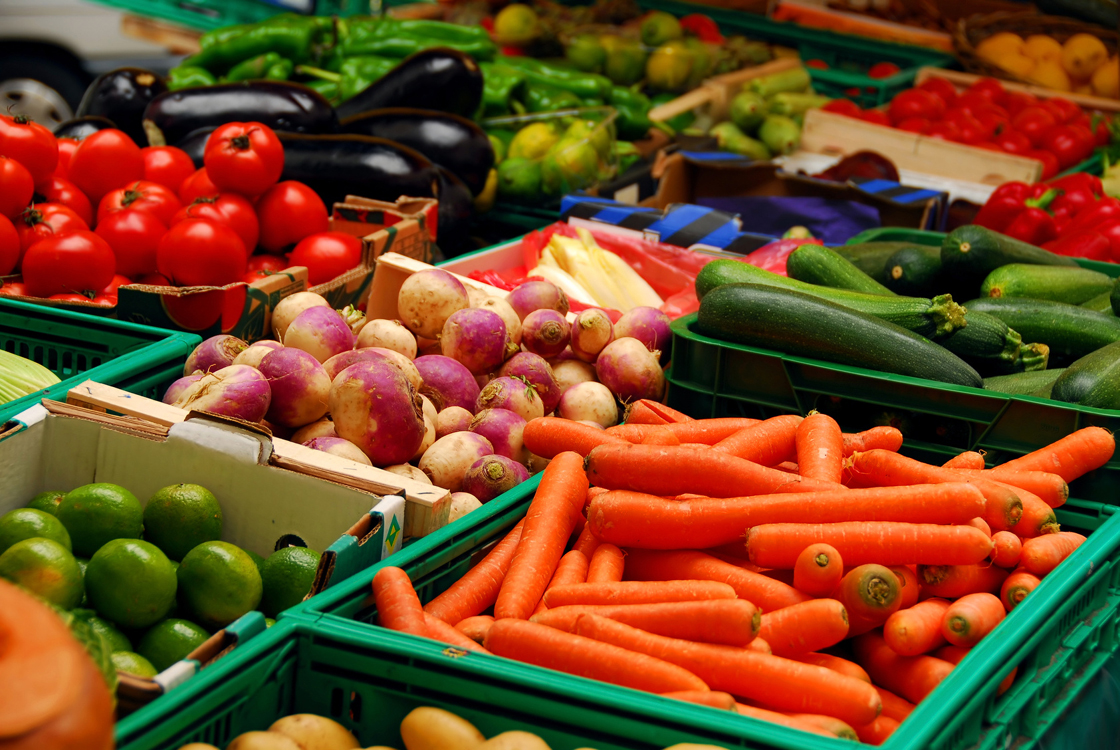By Doaa Hussein
The Egyptian Minister of Trade and Industry, Tarek Kabil, said in a statement earlier Monday, 30 November, that Egypt is ready to substitute Turkey in exporting the banned goods to Russia. In his meeting with his counterpart, Denis Manturov, and the UAE Minister of Foreign Affairs, Abdullah bin Zayed, Kabil said that he had offered Russian officials “to replace Turkey”, according to Egypt’s Ministry of Trade and Industry official statements.
“Egypt is interested in filling in the Russian market needs of merchandise, especially those that were imported from Turkey, in the wake of Russia’s decision to restrict Turkish imports of fruits and vegetables to 66 per cent, as well as clothing items.” Egyptian Minister added.
Egypt had asked Russia to provide it with a list of Turkish banned products, in order to set a sit-in with Russian importers to overview the offers of Egyptian companies and sign remarkable deals.
Russian President, Vladmir Putin, imposed last week some sanctions on Turkey, following the downing of a Russian jet, Su-24 in Syria by Turkish forces, according to the Russian government. The livid president ordered prohibiting Turkish organisations, and certain goods including fruits and vegetables.
On the 30th of November, the Izvestia daily- a Russian newspaper – published a list received from a source at the Russian Ministry of Agriculture that included banned Turkish products. Products like meat, dairy products, seafood, nuts, herbs, fruits and vegetables.
Yasser Gabr, the Egyptian Ministry of Trade and Industry Spokesman, declared to El Hayah TV channel last week, that he expects the Egyptian- Russian trade exchange to reach $20bn this year, he also noted that he believes in the strength of the Egypt’s ability to sustain Russian needs.
Official statistics reveal that the growth rate of agricultural products in Egypt does not exceed 0.03 per cent, leaving deficits in production rates.
Egypt witnessed a cutback in its export rates from $1695m in Aug. 2015, to $1435m in Sept. same year. The Egyptian government aims to exploit the conflict between Russia and Turkey to its side and move up its exports this year, especially in witnessed times of scarce foreign currencies in Egyptian markets.
Earlier last week, the Russian Agriculture Minister, Alexander Tkachev said, “Azerbaijan, Uzbekistan, Morocco and Israel could be alternative suppliers.” He also added that the banning of Turkish goods would not be detrimental to Russians.
Economic embargos are thought to be diplomatic means to show discontent or preliminary of a a series of actions intended to weaken diplomatic ties.
“We are truly saddened by this incident,” Erdogan said after the incident adding, “We wish it hadn’t happened as such, but unfortunately such a thing has happened. I hope that something like this doesn’t occur again,” according to The Huffington Post.
Russia is one of Turkey’s biggest business partners, it receives 3.8 per cent of the latter’s exports -about $5.9bn- while Egypt’s exports to the same Russia amounted to only $354m in 2014, with the agricultural goods representing the biggest chunk, while wheat presents Russia’s main exports to Egypt, according to official statistics.
Turkey -in present times of dramatic changes- is in a weak position having to choose between its western NATO political ties, and its strategic economic partnership with Russia in the east…
Energy Sector
Although no actual embargo was set on any operating energy contracts between the two countries, Russian officials have notarized their investors that contracts signed before 31st of Dec. 2015 valid. Yet, contracts signed afterwards “would require government approval”, said Igor Shuvalov, Russian Deputy Prime Minister.
Russian Economy Minister, Alexei Ulyukayev, added that the only real sustainable loss Turkey will endure is the sudden halt of talks on two major energy sector projects, the Turk Stream gas pipeline under the Black Sea and the Akkuyu nuclear power plant.
Tourism
As for the tourism sector, Russian tourists account for almost 10% of Turkey’s annual touristic flow, the number will drop considerably due to banning the cheapest flights from Russia to Turkey.
Moreover, Russian tourism companies were advised to stop offering packages that include travel to Turkey, as the Russian government suspended visa-free travels between the two countries , except for Turkish diplomats and their dependent. Normal commercial air flights, however, are to resume normal operation with tightening security controls.
Fruits and Vegetables Trade
What could affect Turkey’s economy drastically is the partial embargo that lies now on its fruits and vegetables sector, giving that the the Russian-Turkish trade is worth about $30bn annually.
With Turkey quickly emerging as a great regional power, its role as a third world economy in exporting basic agriculture goods seems to be over, or at least that’s what Russian economic officials think.
This embargo would require Russia to import Fruits and Vegetables from somewhere else cheaper, said Russian Agriculture Minister Alexander Tkachev.
Turkish Expats in Russia
The Russian Government also advised its companies to decrease the employment of Turkish workers and restrict contracts on already existing employees.
They also banned the renewal of their employment contracts, according to The Moscow Times.
Russian and Turkish Foreign Relations Ministers are currently in talks, and hope remains in a diplomatic solution that satisfies both sides regarding the crisis in Syria and the situation in the Middle East.
“We have no intention to go to war with Turkey,” said Sergei Lavrov, Russia’s foreign minister, at a televised briefing, adding,“ Yet we can’t but react to what has happened,” according to The Telegraph.
-Contributed by Maram Shalby-


